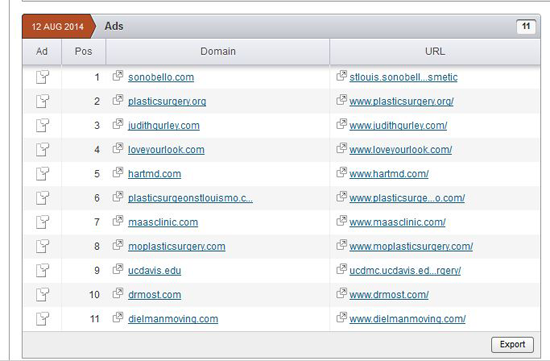The SEO Toolbox - What Tools Just Plain Work?

Search engine professionals often wonder what tools their colleagues are using to rise in the search engine ranks, while small businesses want to know how tools can help them do the job of an SEO.
If Moz's industry study is any indication, the top SEO tools being used today include Google Webmaster Tools, Moz, Open Site Explorer, Majestic SEO and more. But what SEO tools just plain work? Here are the top tools that I cannot live without.
Program: Microsoft Excel
Cost: Free - $159
You can buy the program or use the free version available online. Either way, this is my go-to tool for sorting and organizing information. I use it to keep track of clients, log in information, and to create checklists for new client sites and for just about everything else I do. Bottom line, get it, learn it and love it!
If you are ready to take your Excel use to the next level, here is a dated but informative article from Moz: https://moz.com/blog/excel-and-google-docs-tools-for-the-ultimate-seo-dashboard
You can access Excel for free here: https://office.com/start/default.aspx
Program: Majestic SEO
Cost: $49 - $1,600 /monthly
There are just over a billion different services like Majestic SEO, this one is my favorite followed a close second by Ahrefs. I particularly like the citation and trust flow metrics provided by Majestic as they are much more difficult to manipulate than Domain Authority (a Moz Metric). Majestic does not have the most current link database but it is great for prospecting expired domains and for getting a general overview of a websites quality.
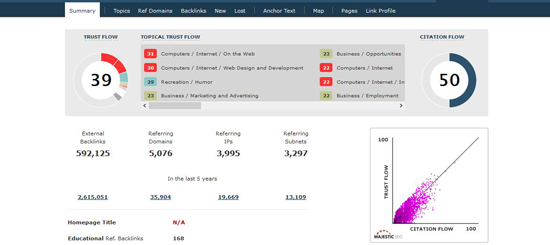
Program: Traffic Travis
Cost: Free- $99/year
Traffic Travis is a desktop program that contains a lot of information. You can track keyword rankings, review your links and competitor links, get a list of on page SEO recommendations and a lot more. Truthfully, I just use it to track keywords primarily. For $99/yr (you can find a coupon online the makes it $39 per year) you can add unlimited keywords and URLs for tracking on Bing, Yahoo, and Google in the U.S. and other countries. Considering most keyword tracking programs are at least $50 a month, this one is a no brainer. You may also need to buy some credits on https://deathbycaptcha.com or a similar site if you are going to track a lot of keywords.
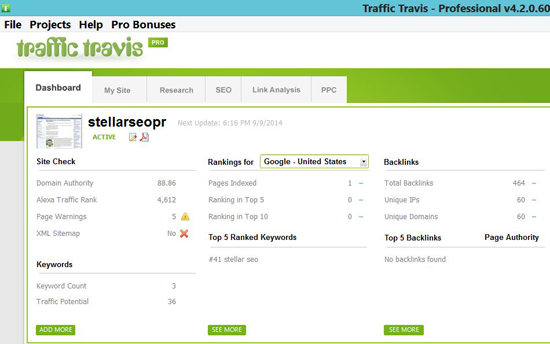
You can get a free version of Traffic Travis that will allow you to track up to 50 keywords for five URLS. Other features are limited but it is free after all.
Here is the link for the free version: https://www.traffictravis.com/
Program: Whitespark Local Citation Finder
Cost: $20-$100 /monthly
If you are doing local SEO, this program is a must have. You can find citation opportunities based on your keywords or by entering a competitors' NAP data into the tool. You can also pull a list of citations pointing to your website and look for duplicates. If you need to find local citation opportunities, my vote goes to Whitespark. If you need to track local rankings, they have a program for that as well starting at $5/month.
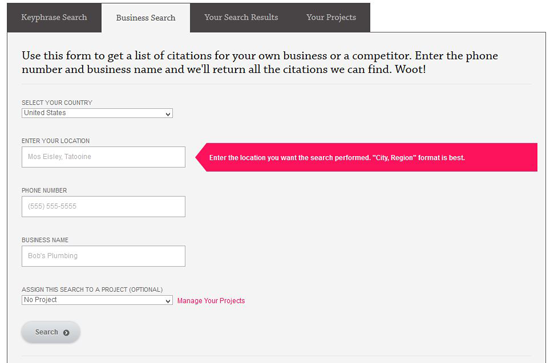
Program: SEMrush
Cost: $79 -$149/month
SEMRush is just plain helpful. Within seconds you can find out who your competitors are, what keywords they are ranking for, what percentage of traffic comes from those terms and a LOT more!
Here is a creative use for SEMRush
If you are looking to find a few new clients, SEMRush can come in pretty handy for that too. Here is a method I like to use to find potential clients and convert them from PPC to SEO or get them to at least consider adding SEO to their marketing plans.
1. Choose a keyword that typically has a high cost per click. (plastic surgeons, lawyers, etc..) If you aren't sure, enter one into SEMrush and it will list related terms and the CPC.
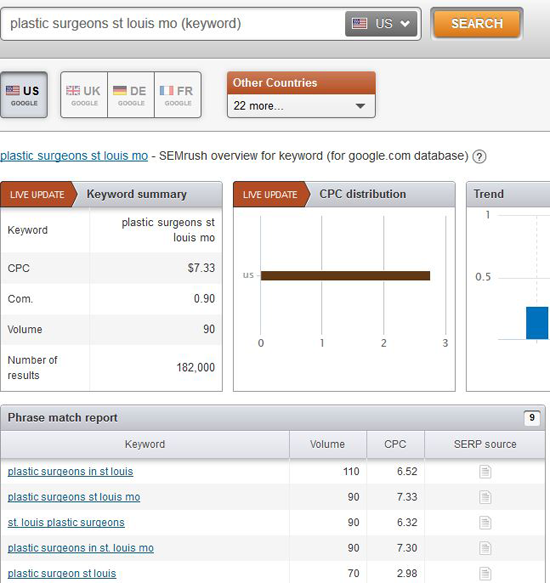
2. If the keyword you entered did not have a high cost per click or a sufficient search volume, simply select one from the "phrase match report" that does.
3. Now simply scroll down to the bottom of the page and you can export a list of websites that are paying to advertise for that keyword.
4. Now scroll just above this box and you can export the list of sites ranking organically for the keyword.

5. Export both lists and look for sites that pay for the keyword but are not ranking organically. (Hey Travis, why not just Google the keyword and look for an ad on page one that goes to a site not on page one?) You will see in just a minute. Make a list of sites not ranking for the keywords they pay to advertise for.
6. Click the overview tab on the top left sidebar and then enter the URL from one of the sites not ranking for the selected term.

7. Scroll down and you can them see the list of keywords that the targeted site is paying to advertise for.
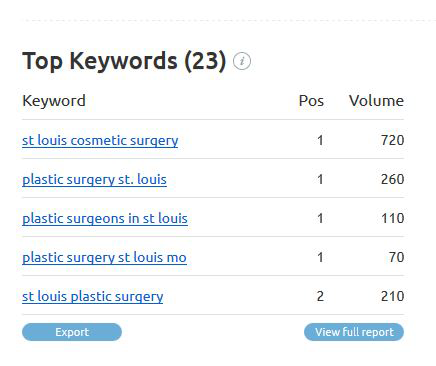
8. Export the list and find the average cost per click for each of these terms. Multiply that by the search volume and repeat for the entire list of terms they are advertising for. Write down the total cost.
9. Figure out how much it would cost you to rank those terms for the client (roughly) and write that number down.

10. Pick up the phone and start dialing. Tell them how much it would cost them to keep their business visible 24/7 using PPC and how much less it will cost using SEO. Sign client and repeat! Also, if you are not easily offended and do not get the reference here, watch The Wolf of Wall Street sometime.
Hope you enjoyed the tip and if you are in need of a program, any of the five listed above are well worth the cost.
So, what programs do you use that you simply couldn't live without?



